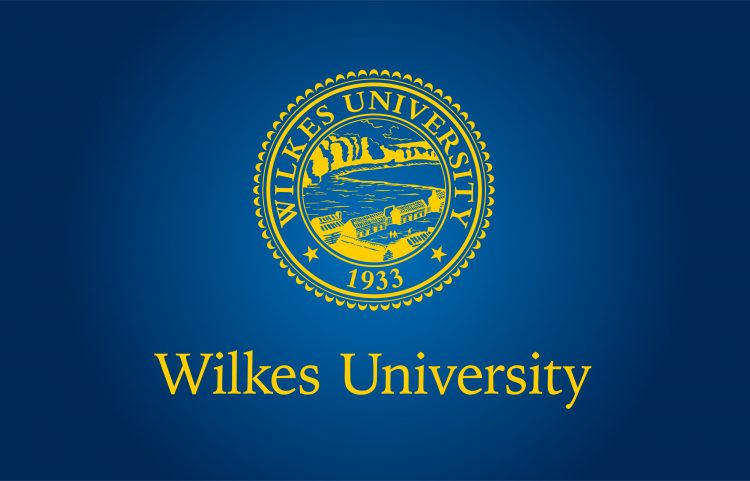The university jumps ten spots while leading in
student access and graduate programming
Wilkes University is once again included on the U.S. News and World Report annual ranking of American colleges and universities. Wilkes ranked 68 on the list of best regional universities in the north, up ten spots from last year’s ranking. This is the fifteenth consecutive year that Wilkes has been ranked as a top tier institution.
Though not captured in the rankings, there are several ways in which Wilkes stands out:
- Student access. No other private institution in the category is ranked higher than Wilkes when considering student access. National markers for access include the percentage of first-generation college students, students who are eligible for the federal Pell grant and those of diverse backgrounds. During the ranking period, Wilkes reported 38 percent first-generation students, 36 percent receiving the Pell grant and 26 percent as nonwhite.
- Master’s and doctoral degree conferrals. Very few institutions in the category are serving as many graduate students as Wilkes. In the 2017-18 academic year, Wilkes conferred 907 master’s degrees and 165 doctoral degrees. This is more than any neighboring institution in the region, making Wilkes the local leader in educating graduate students.
- Endowment size. Few institutions ranked ahead of Wilkes have a smaller endowment. Just five private universities in the category have a smaller endowment than Wilkes, showing the university does great work with limited resources.
In addition, Wilkes was recognized by U.S. News and World Report for its value and number of international students.
“Though we are pleased that we continue to improve in various rankings, we remain concerned about any measurements that oversimplify the complexities of educating students, particularly the students that we choose to serve,” said University President Patrick F. Leahy.
U.S. News & World Report considers several factors in its ranking calculations, including academic profile, retention and graduation rates, financial resources, and peer perception. University officials have commonly cited the shortcomings of rankings, particularly those that do not adequately take into account the profile of the students that each institution chooses to serve, which tend to adversely affect institutions like Wilkes with access-based missions.
In the 2017-18 academic year, Wilkes conferred a total of 1,642 degrees – more than any other institution in northeast Pennsylvania. Wilkes also recently enrolled its largest first-year class in university history as well as the most academically prepared.
